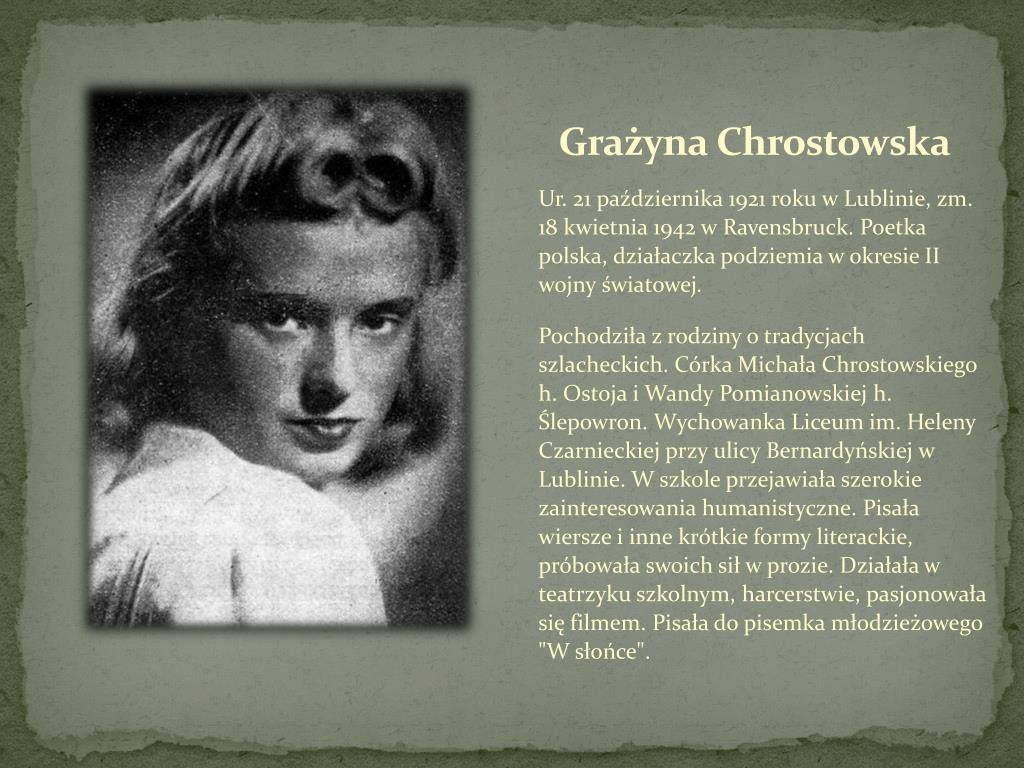Luego, lentamente, abrió la boca y primero
un caldo, después una medicina, después
una dieta y con el tiempo y la entretejida compasión
los huesos expuestos fueron sepultados de nuevo en la carne,
y el milagro tocó a su fin. Josef Stein,
hombre y poeta, se levantó, caminó e incluso pudo
engendrar, y lo hizo, y más tarde murió de otras causas,
sólo en parte atribuibles a su primera muerte.
Advirtió -con cierta sorpresa al principio-
que los extraños no podían decir que una vez había muerto.
Volvió a su puesto en la librería, bebió su cerveza,
publicó tres poemas en una revista francesa,
y fue muy bondadoso con el hijo que al fin y al cabo era de él.
En el transcurso de una noche escribió tres proposiciones:
que el infierno es la negación de lo corriente. Que nada perdura.
Que el limpio papel en blanco que espera debajo de una pluma
es el regalo más allá de la historia y el mal y el cielo.
Versión de Jonio González
The gift
In 1945, when the keepers cried kaput
Josef Stein, poet, came out of Dachau
Like half a resurrection, his other half
eighty pounds still in their invisible grave.
Slowly then the mouth opened at first
a broth, and then a medication, and then
a diet, and all in time and the knitting mercies,
the showing bones were buried back in flesh,
and the miracle was finished. Josef Stein
man and poet, rose, walked, and could even
beget, and did, and later died of other causes
only partly traceable to his first death.
He noted - with some surprise at first -
that strangers could not tell he had died once.
He returned to his post in the library, drank his beer,
published three poems in a French magazine,
and was very kind to the son who at last was his.
In the spent of one night he wrote three propositions:
That Hell is the denial of the ordinary. That nothing lasts.
That clean white paper waiting under a pen
is the gift beyond history and hurt and heaven.
en “The Collected Poems of John Ciardi”, University of Arkansas Press, 1997.
Líneas
Yo no seguí
exactamente un rumbo en la vida
pero la abeja me asombraba y la riqueza del viento
era casi creíble. Oyendo la risa de una urraca
al cruzar un pueblo fantasma en Wyoming, diciendo Hola
en Cambridge, comiendo queso junto al espumoso Rin,
asomándome al plexiglás sobre Tokio,
fui incapaz de construir una vida con todas
las existencias que perseguí. La abeja sin embargo
me asombraba, y no me preocupaba pedir
cuentas al viento. Sólo una vez, en Pompeya,
me sumí en un sueño que entendí,
y desperté para descubrir que no había perdido el rumbo.
Person to
Person, Rutgers
University Press, New Brunswick, Nueva Jersey, 1964
Versión de Jonio González
Lines
I did not have exactly a way of life
but the bee amazed me
and the wind’s plenty
was almost
believable. Hearing a magpie laugh
through a ghost town in Wyoming, saying Hello
in Cambridge, eating
cheese by the frothy Rhine,
leaning from
plexiglass over Tokyo,
I was not able to make one life of all
the presences I
haunted. Still the bee
amazed me, and I did
not care to call
accounts from the wind. Once only, at Pompeii,
I fell into a sleep I
understood,
and woke to find I
had not lost my way.







